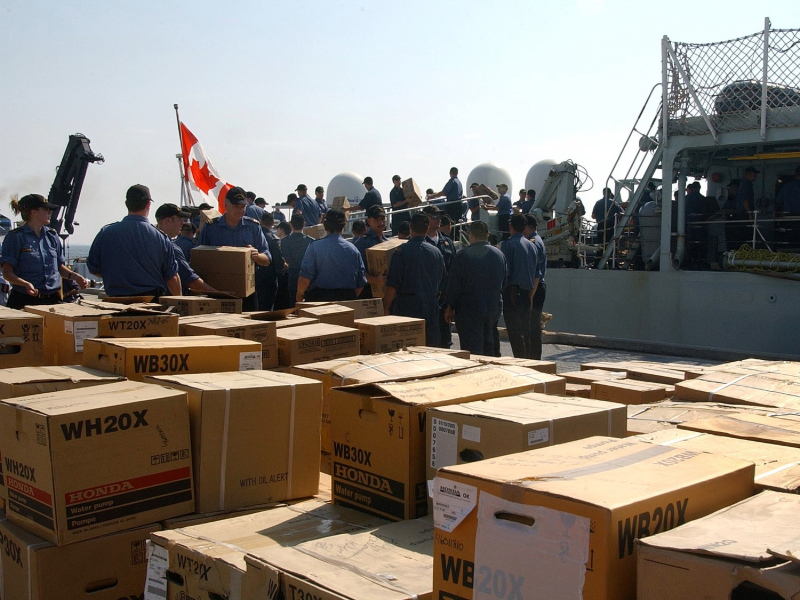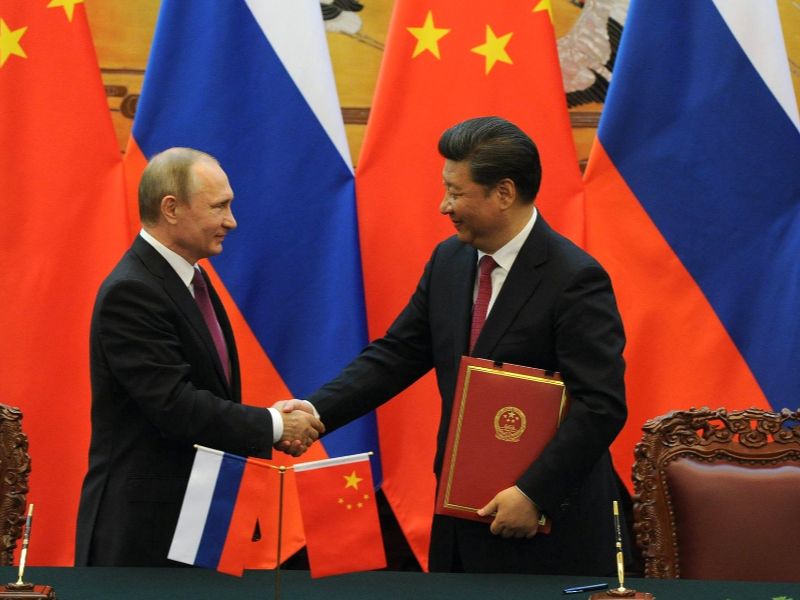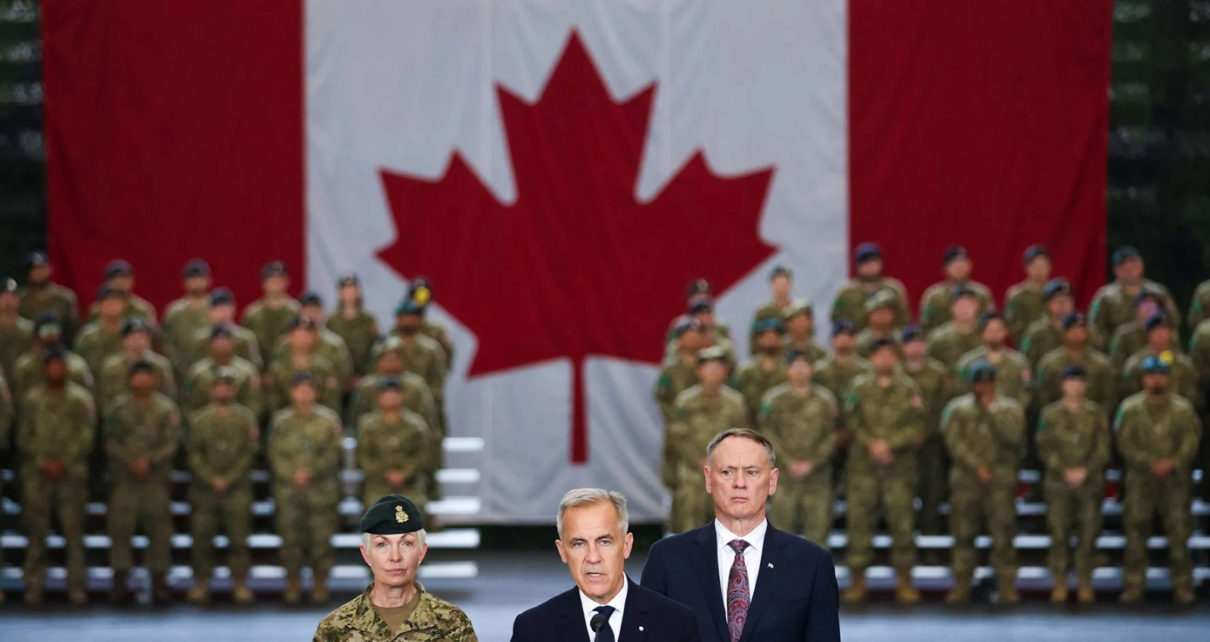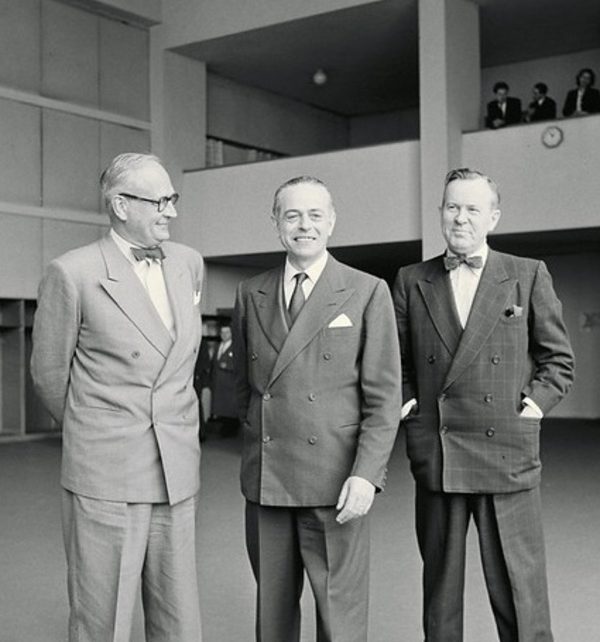The voice on the line sounded like the President of the United States. It carried his cadence, his gravel, even his familiar pauses. But the words were strange. “Save your vote for the November ballot,” it told thousands of citizens in New Hampshire ahead of the 2024 primary. In reality, the call was orchestrated by Read More…
Articles
POWER PLAY IN THE ARCTIC: Part 3 – A Policy Prescription for Canada’s Arctic Defence
*This is the third instalment of a six-part series. Given the effectiveness of the Canadian Arctic’s harsh conditions as a deterrent against security threats, for most of its history, Canada’s defence of the Arctic has been sporadic at best. At present, although Joint Task Force North (JTFN) is tasked with northern operations, there are no Read More…
Canada at the Crossroads: Disinformation as a Domestic Security Challenge
Canada’s greatest security risk may not lie at its borders but in its news feeds. That might sound like a dramatic statement, yet the danger is not abstract. It lives in the information Canadians scroll past each day, in the stories they share, and in the narratives that seep in unnoticed. In a country that Read More…
When democracies censor: Alberta’s book ban and its contradiction with NATO’s mission to defend democratic principles
Alberta’s latest directive on books has turned heads nationally. But what does it mean for Canadian security? In this article, author Esha Grewal discusses how Alberta’s book ban is a part of the larger, growing trend of divisive policies among NATO countries that threaten social cohesion.
Le rôle du Canada dans le renforcement du flanc sud de l’OTAN par l’innovation et le développement capacitaire
Alors que l’OTAN concentre son attention sur les fronts oriental et indo-pacifique, le Canada a l’occasion de redéfinir son rôle sur un flanc sud souvent négligé. Cet article soutient qu’Ottawa peut renforcer la résilience nord-africaine par l’innovation plutôt que par l’intervention, en mobilisant DIANA Halifax et en renforçant les capacités pour des projets pilotes de lutte anti-drones et de surveillance maritime en Tunisie et en Mauritanie.
China’s Calculated Partnership: Decoding Beijing’s Alignment with Russia and NATO’s Strategic Response
In “China’s Calculated Partnerships: Decoding Beijing’s Alignment with Russia and NATO’s Strategic Response,” Daniel Lincoln argues that Beijing’s support for Moscow stems from insecurity, not ideology, and that misreading this dynamic risks hardening a fragile partnership. The piece calls for a strategy of restraint and engagement – one that deters aggression while offering China reasons to distance itself from the Kremlin.
Challenges in National Response Mechanisms: Climate Change Related Disasters
Canadian wildfires are observably intensifying throughout the country as discussed in my previous article. While it is extremely important to tackle this issue from the root cause through methodologies such as the Net Zero commitments and recent COP 29 negotiations, it is also important to analyze how disasters such as wildfires may be exacerbated by Read More…
Guns vs. Butter – Canada’s 5% Defence Expenditure Commitment
Canada’s ambitious pledge to raise defence spending to 5% of GDP by 2035 marks a decisive shift in national priorities. This analysis by Emma Zhang examines whether the Carney government can strike a balance between defence spending and social welfare, and turn defence investment into sustainable economic growth.
What NATO Forgot About Article II
As Russia’s war on Ukraine tests NATO’s resolve, and a looming alliance between China and other states opposed to NATO seeks to reshape the global order in its favour, NATO and its allies find themselves facing the most dangerous challenges of the 21st century. What does NATO mean to us? What was NATO built Read More…
Italy Anchors Azerbaijan’s Gas Push to Europe
Azerbaijan and Italy are tightening energy ties, and this is having system-wide Euro-Caspian effects. In September, it was reported that SOCAR agreed to acquire Italiana Petroli, one of Italy’s largest fuel retailers, pending approvals. This purchase does not add gas capacity on day one, but it does insert Azerbaijan directly into Italy’s downstream market, bringing Read More…










